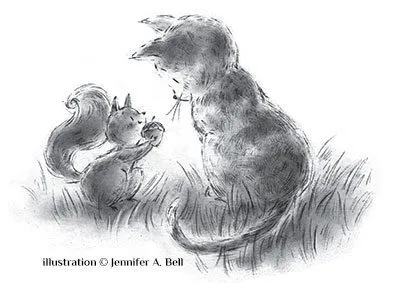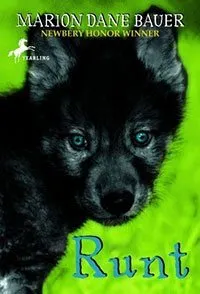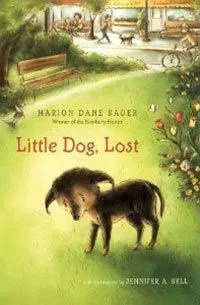Marion Dane Bauer is a celebrated author known for her ability to craft compelling stories for young readers. One of her notable works is Little Dog, Lost, a novel-in-verse that resonates with children and adults alike. This article delves into Bauer’s work, particularly her companion book, Little Cat’s Luck, and explores the themes, characters, and writing style that make her books so captivating. While this article focuses on Little Dog Lost, we will explore other similar books, and what makes the Little Dog Lost book so special.
When asked about the origin of Little Cat’s Luck, Bauer shared that it began as an attempt to write another Little Dog, Lost, but with a feline protagonist. She always starts with a clear idea of her main character, the central problem, and the desired resolution. In Little Cat’s Luck, she knew Patches would be lost, encounter a challenging antagonist, and ultimately form a believable friendship with Gus.
 Marion Dane Bauer
Marion Dane Bauer
Understanding Companion Books: Little Cat’s Luck and Little Dog Lost
Bauer describes Little Cat’s Luck as a “companion book” to Little Dog, Lost. This means it’s not a sequel, as it features different characters and settings, although they both take place in small towns. Both books share a similar narrative style – a story told in verse through a narrator – and are illustrated by the same artist, Jennifer Bell. While each book can stand alone, they can also be read together for comparison and enhanced enjoyment. A key difference lies in the focus: Little Cat’s Luck centers entirely on the animal world, while Little Dog, Lost gives more attention to human characters and their interactions with the lost pup.
 Little Cat
Little Cat
Creating Believable Animal Characters
Bauer’s ability to portray realistic animal behavior is a hallmark of her writing. Having grown up with animals, she draws upon her deep understanding and affection for them. She observes their interactions and mannerisms closely, translating them into authentic characters on the page. She admits that creating the character Patches gave her particular joy because she could capture the essence of the feline spirit.
The Balance Between Human and Animal Traits
One of the challenges in writing animal characters is finding the right balance between humanization and maintaining their animal nature. Bauer acknowledges that giving animals human speech inherently alters their animal essence. She reflects on her experience writing Runt, a novel about a wolf pup, where she initially gave the animals speech but later reconsidered this approach for a potential sequel. While she acknowledges speech can change the nature of an animal, in Little Cat’s Luck, she felt comfortable giving the cats voices. She grounds them in their physicality, describing their movements and behaviors to maintain their animal natures.
 Runt
Runt
Gus: The Complex Villain
Gus, the “meanest dog in town,” is a complex character who evokes both dislike and sympathy. Bauer reveals that Gus was always intended to be the villain, but his meanness evolved as the story unfolded. She delves into the root of Gus’s behavior, suggesting that his meanness stems from pain and desperation rather than a desire to inflict harm. This understanding allows for a believable resolution where Patches, with her loving and wise nature, can reform Gus.
Considering the Reader
While Bauer focuses on her story and characters during the writing process, she acknowledges the importance of considering her readers’ reading abilities. When writing for developing readers, she pays attention to sentence structure and vocabulary. In Little Dog, Lost, she found that writing in verse allowed her to maintain her natural style while creating bite-sized lines that were easier for young readers to follow. This approach proved successful, leading her to use the same technique in Little Cat’s Luck.
 Little Dog, Lost
Little Dog, Lost
Evolving with the Verse Form
Bauer felt more comfortable with the verse form while writing Little Cat’s Luck compared to her initial experience with Little Dog, Lost. In the former, she experimented with concrete verse, using the visual arrangement of words to enhance the meaning and create a more engaging reading experience.
The Power of Feeling
Bauer believes that the most important thing a story can do is to evoke emotion. By immersing themselves in a story, readers are transformed in some way. She hopes that educators will allow children to experience the stories of Patches and Buddy on an emotional level before using them for academic purposes.
 Little Cat
Little Cat
In conclusion, Marion Dane Bauer’s Little Dog, Lost and its companion book, Little Cat’s Luck, offer young readers engaging stories with relatable characters and meaningful themes. Her ability to create believable animal characters, combined with her skillful use of verse, makes her books a valuable addition to any child’s library. Resources such as book trailers, social-emotional learning guides, and teaching guides are available on Marion’s website to enhance the reading experience.
